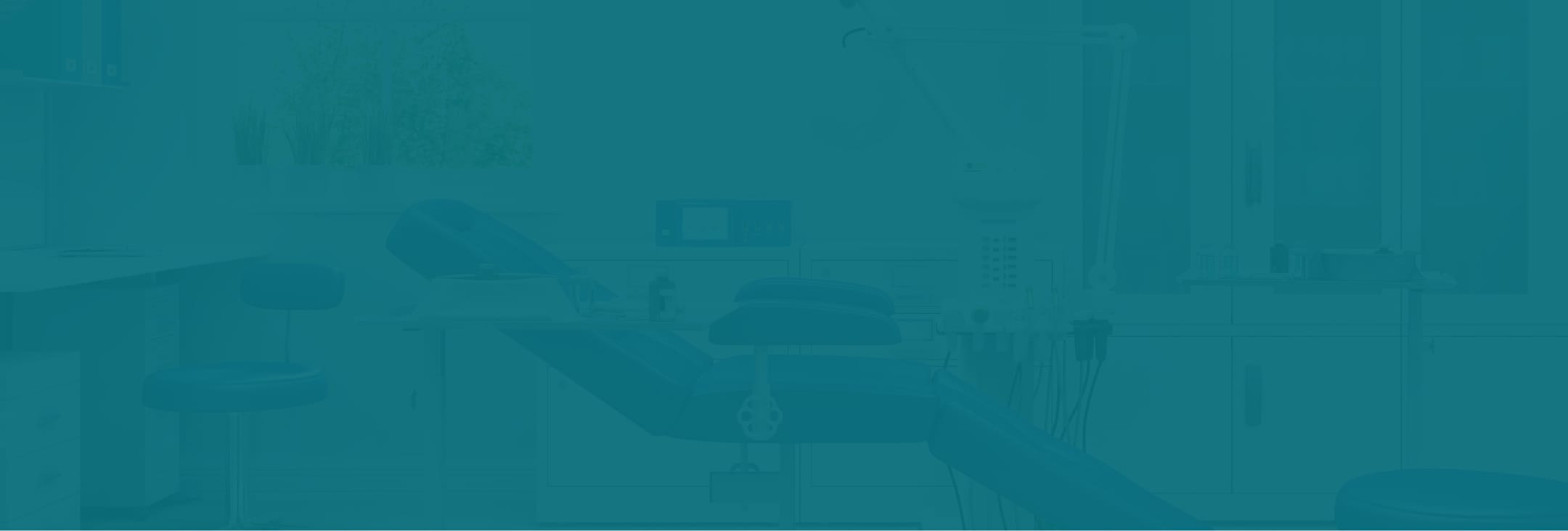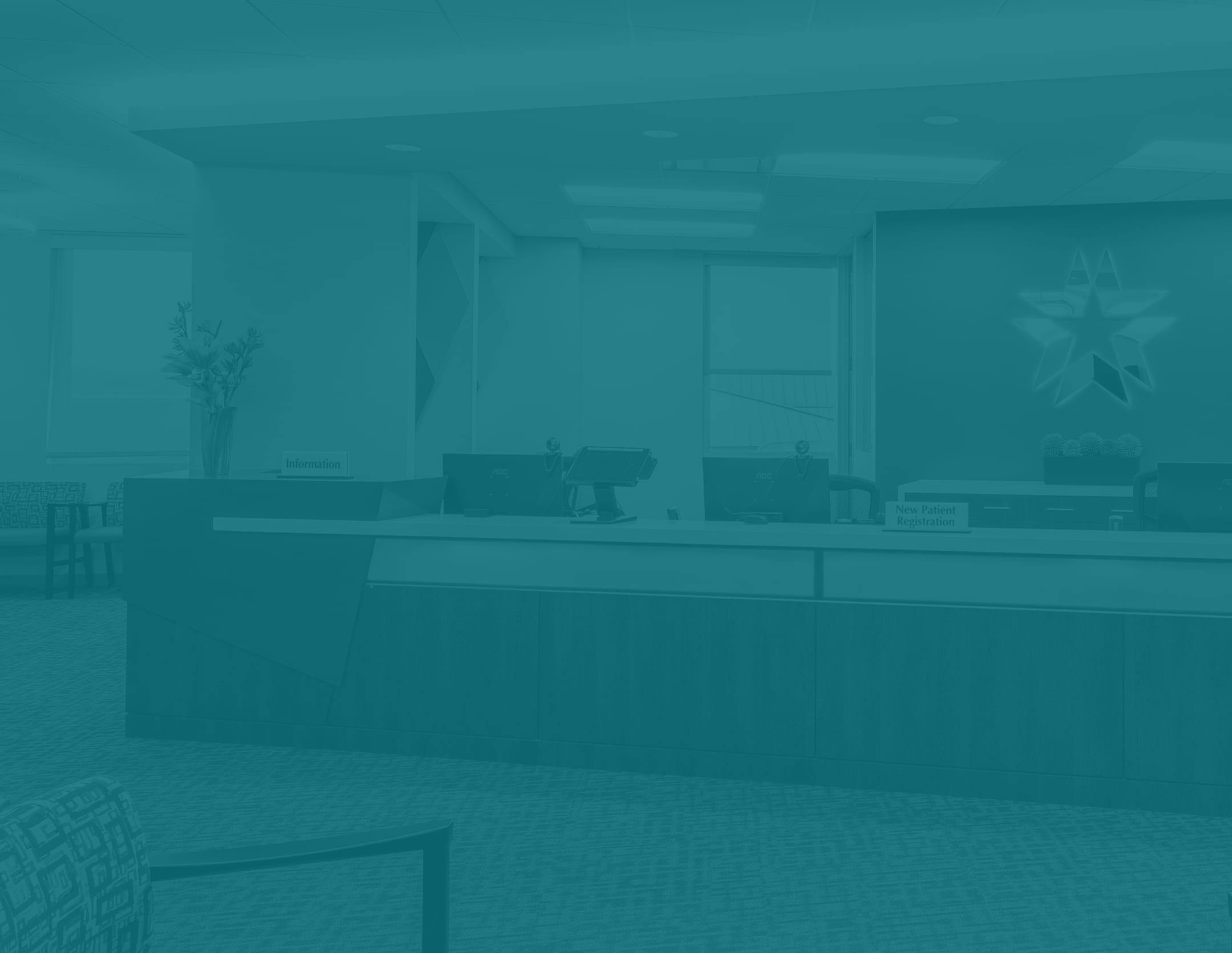Sleep apnea is a common sleep disorder that can have significant consequences for your health and quality of life. Fortunately, at Texas ENT Specialists, we offer effective treatment options for sleep apnea in Houston, to help you breathe easy and get the restful sleep you need.
Symptoms of Sleep Apnea
Sleep apnea comes with several symptoms, which include the following:
- Loud snoring: One of the most prominent signs of sleep apnea is loud and persistent snoring. While not everyone who snores has sleep apnea, the snoring associated with sleep apnea is often louder and more disruptive.
- Pauses in breathing: Witnessed apneas, where another individual observes that you stop breathing during sleep and then gasp for air, are telltale signs of sleep apnea. These pauses can last for many seconds and can recur throughout the night.
- Excessive daytime sleepiness: Individuals with sleep apnea often experience excessive daytime sleepiness, regardless of the amount of time spent in bed. This can lead to difficulty staying awake during daily activities, such as work, driving, or watching TV.
- Morning headaches: Waking up with a headache, particularly in the morning, is a common symptom of sleep apnea. This headache is often described as a dull, throbbing sensation.
- Difficulty concentrating: Sleep apnea can impair cognitive function, making it challenging to focus, concentrate, and remember things. This can impact performance at work or school.
- Irritability and mood changes: Sleep apnea can contribute to irritability, mood swings, and feelings of frustration or depression. Disrupted sleep patterns can affect emotional well-being.
- Frequent nighttime urination: Some individuals with sleep apnea may experience nocturia, a condition characterized by waking up frequently during the night to urinate. Sleep apnea-related awakenings can disrupt normal sleep cycles.
- Dry mouth or sore throat: Waking up with a dry mouth or sore throat is common among those with sleep apnea. This can be a result of mouth breathing or snoring during the night.
- Restless sleep: Sleep apnea can lead to restless and fragmented sleep. You may find yourself tossing and turning or waking up frequently throughout the night.
- Decreased libido: Sleep apnea can affect sexual function and libido, leading to decreased interest in intimate relationships.
- High blood pressure (hypertension): Untreated sleep apnea is associated with an increased risk of high blood pressure. It can be challenging to control blood pressure when sleep apnea is present.
- Gasping or choking: Some individuals with sleep apnea may experience episodes of gasping or choking during sleep as they try to resume normal breathing.
It's important to note that the severity and combination of symptoms can vary among individuals with sleep apnea. Not everyone with sleep apnea will exhibit all of these symptoms, and some individuals may not be aware of their own symptoms because they occur during sleep.
If you or a loved one experiences any of these symptoms, especially loud snoring and witnessed apneas, it's essential to seek evaluation and diagnosis from a sleep specialist. Timely diagnosis and appropriate treatment can significantly improve sleep quality and overall health, reducing the risk of complications associated with untreated sleep apnea.
Ignoring the symptoms of sleep apnea can lead to serious health issues, including cardiovascular problems, diabetes, and cognitive impairments. By addressing sleep apnea with sleep apnea treatment in Houston, you can enjoy restful nights and improved overall well-being.





